Beware! These Ayurvedic Medicines Are Not Safe For Children
Hidden risks in natural remedies may threaten kids' health—stay informed and cautious.
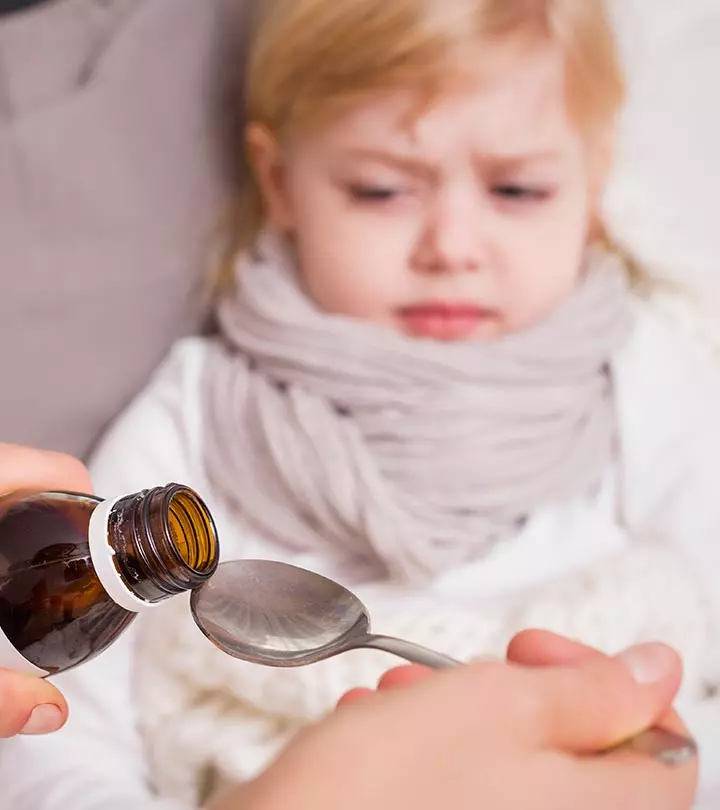
Image: Source: Shutterstock
Are you contemplating giving Ayurvedic medicines to your kid? Do you wonder if it is safe to give Ayurvedic medicine to children or not? When it comes to giving medications to kids, pregnant women, and lactating mothers, you have to be very careful. Otherwise, it may lead to a lot of complications.
So, how would you know if any medicine is good for your kid or not? Don’t worry, we are here to help you out. Read on to know more.
Ayurveda is a holistic way of healing any disease as it focuses more on promoting wellness rather than just curing the disease. Out of the eight branches of Ayurveda, Bala tantra or kaumarabhritya deals with pediatrics, and it includes aspects such as caring for infants and newborn babies. Since the dhaatus (tissues) are immature during childhood, special care is required. Bala tantra focuses on child care, starting from the fetal age to adolescence. Most of the diseases in childhood are caused due to an imbalance in the kapha dosha. Thus, it is very important to balance the kapha dosha with proper medication and treatment.
Young children are more likely to have adverse reactions to drugs as compared to adults. But, there is no end to the usefulness of Ayurvedic herbs to treat any type of disease. Most of them are safe and effective when it comes to treating children. Mentioned below is the list of Ayurvedic medicines that you must avoid giving to your kids:
- Jayapala – Croton tiglium
- Snuhi – Euphorbia nerifolia
- Vishamushti / Tinduka / Lakucha – Strychnos nuxvomica
- Danti – Baliospermum montanum (Used in Dantyarishta)
- Parasika Yavani – Hyoscyamus inibar / Hyoscyamus niger
- Ahiphena – Papaver somniferum – Opium
- Bhanga – Cannabis sativa
- Karaveera – Gloriosa superb
- Arka – Calotropis gigantean
- Dhattura – Datura metal (used in Kanakasava)
- Vatsanabha – Aconitum chasmanthum / Aconitum ferox
- Gunja – Arus precatorius
- Karaveera – Nerium indicum
- Sarpavisha – Snake poison
- Bhallataka – Semecarpus anacardium
- Shringivisha – Aconitum chasmanthum
- Langali – Gloriosa superb
There are a few Ayurvedic medicines that contain heavy metal ingredients in very low quantities. Though they are not poisonous, such ingredients are used only after purification. It is best to avoid using medicines containing such ingredients. Here is the list of ingredients that have mineral origin and you must try to avoid:
- Manashila – Also known as realgar
- Rasa Sindhura – A compound of purified mercury and purified sulphur
- Hingula – Cinnabar
- Gauripashana – Arsenic, Arsenic oxide
- Makaradhwaja – A compound of purified mercury, sulphur, and gold
- Haratala – Arsenic trisulphide
- Rasa Karpura – Hydrargyri subchloridum
- Girisindura – Red oxide of mercury
- Tuttha – Copper sulphate
- Parada – Mercury
- Sindhura – Red oxide of lead
Similar to the routine health checkups in hospitals, there is a routine Ayurvedic examination too, which is conducted by Ayurvedic practitioners. It involves a thorough examination of your health, including evaluation of your height, weight, blood, nails, hair, skin, and other lab tests.
Caution:
- Always consult a licensed Ayurveda expert to know the best medicine for your kid’s growth and development.
- Even Ayurvedic medicines can have some side effects on babies. So, if you notice any allergy or side effect, consult your doctor immediately.
If your child is suffering from any disease, make sure you do not self-medicate. Instead, approach your doctor, who will suggest the appropriate course of action.
Have you ever given any Ayurvedic medicine to your child? Did it work well for him/her? Share your experience with us. In case of any queries or doubts, you can post your questions in the comments section below.
Read full bio of Dr. Zeel Gandhi
Read full bio of Shaheen Naser



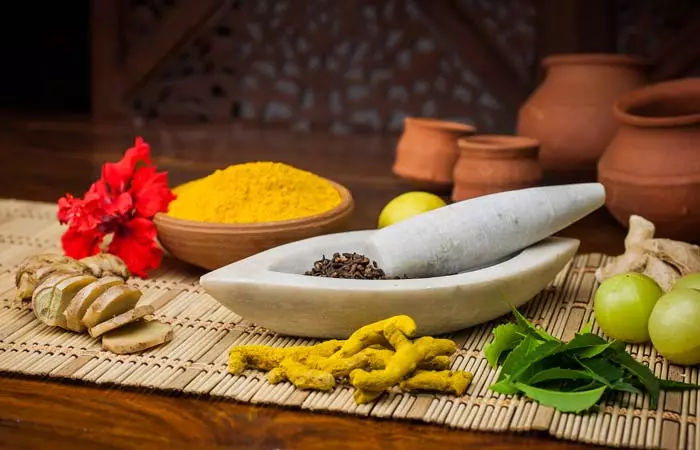



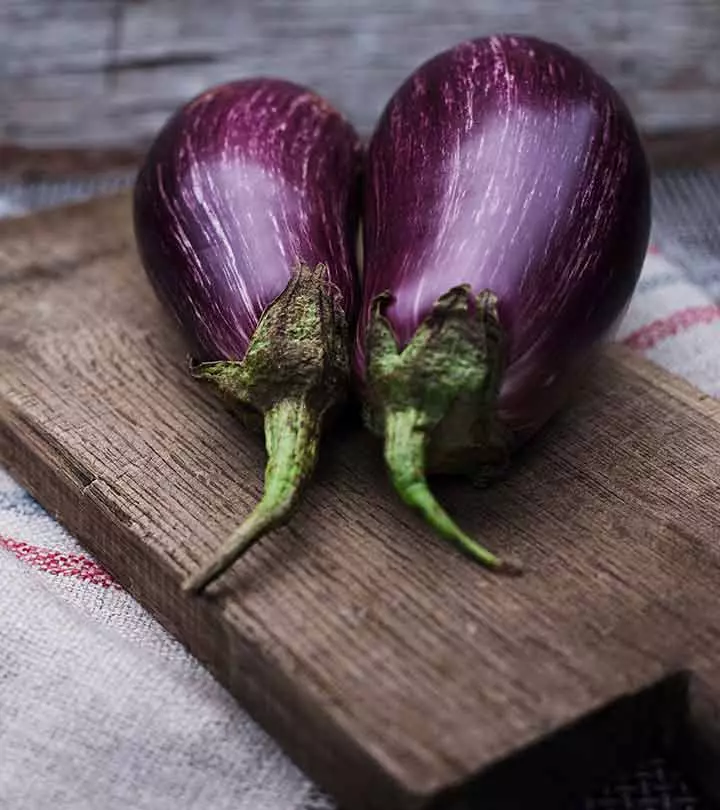

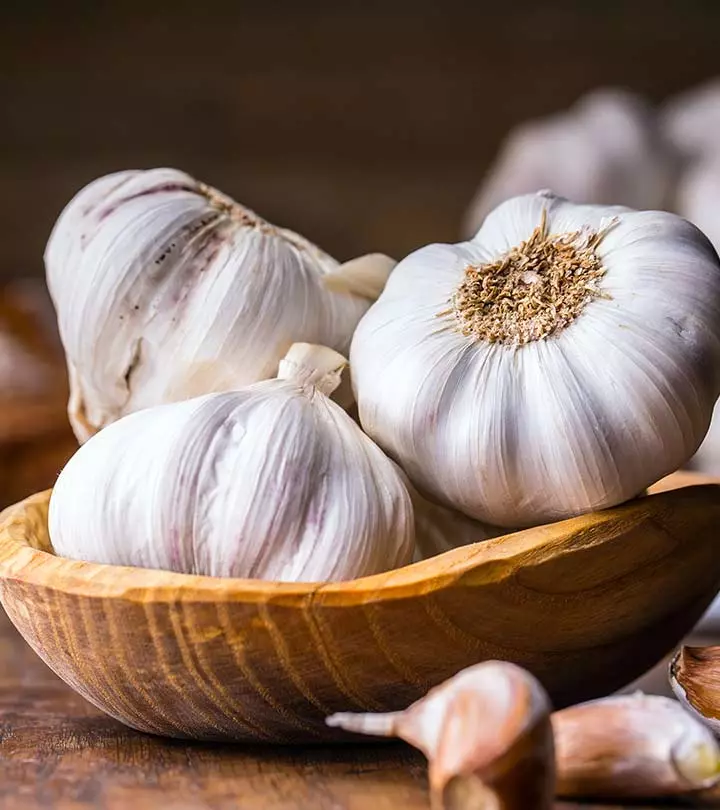
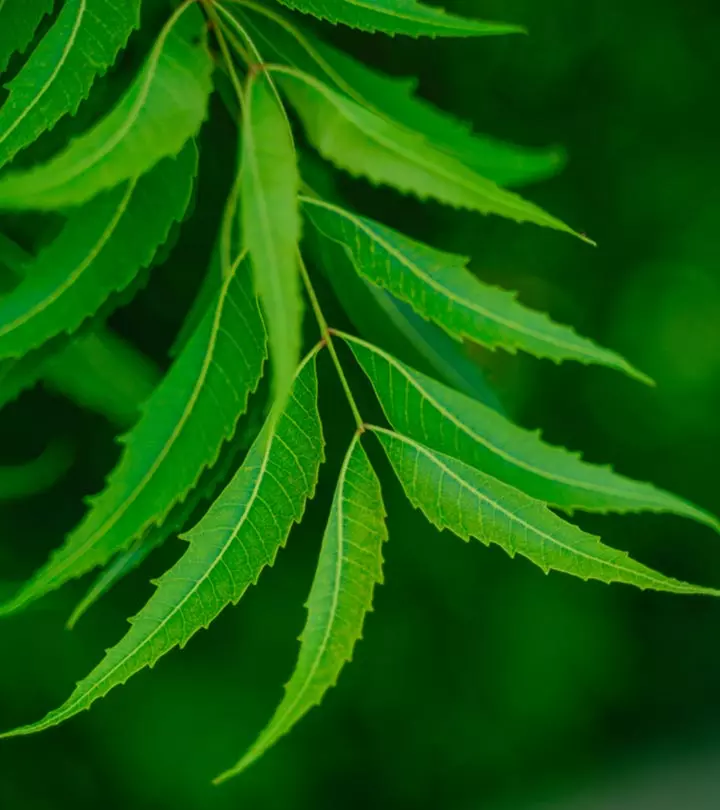
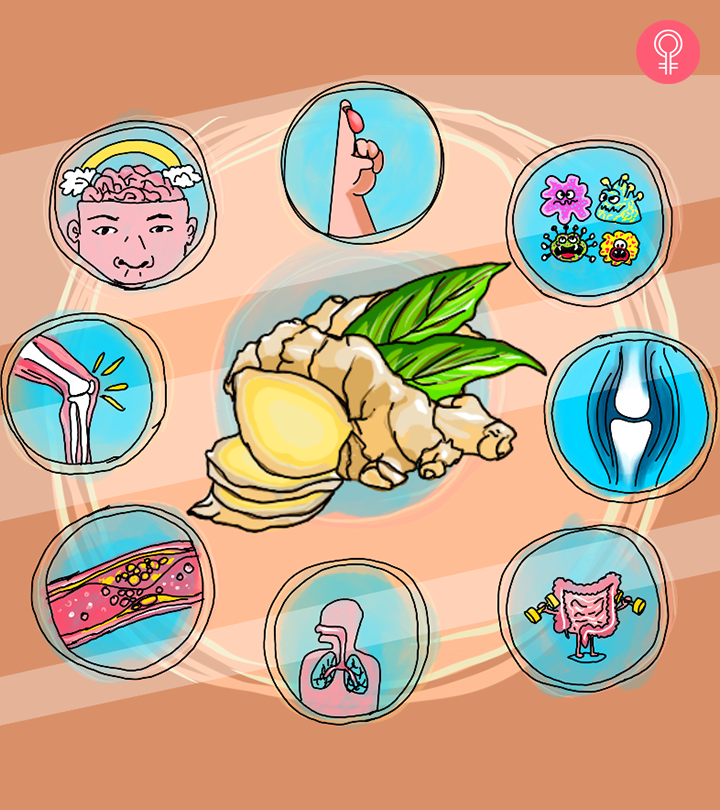
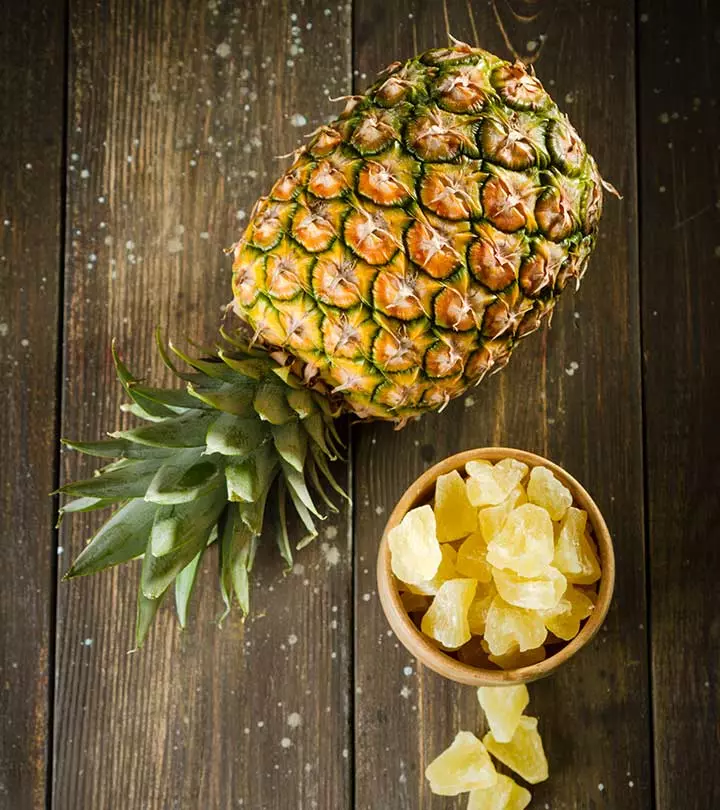









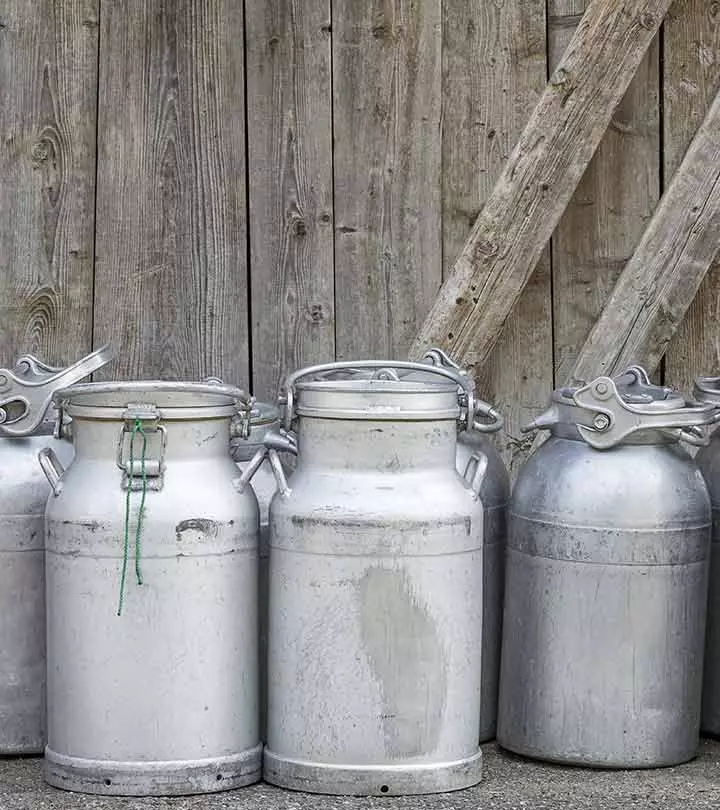


Community Experiences
Join the conversation and become a part of our empowering community! Share your stories, experiences, and insights to connect with other beauty, lifestyle, and health enthusiasts.